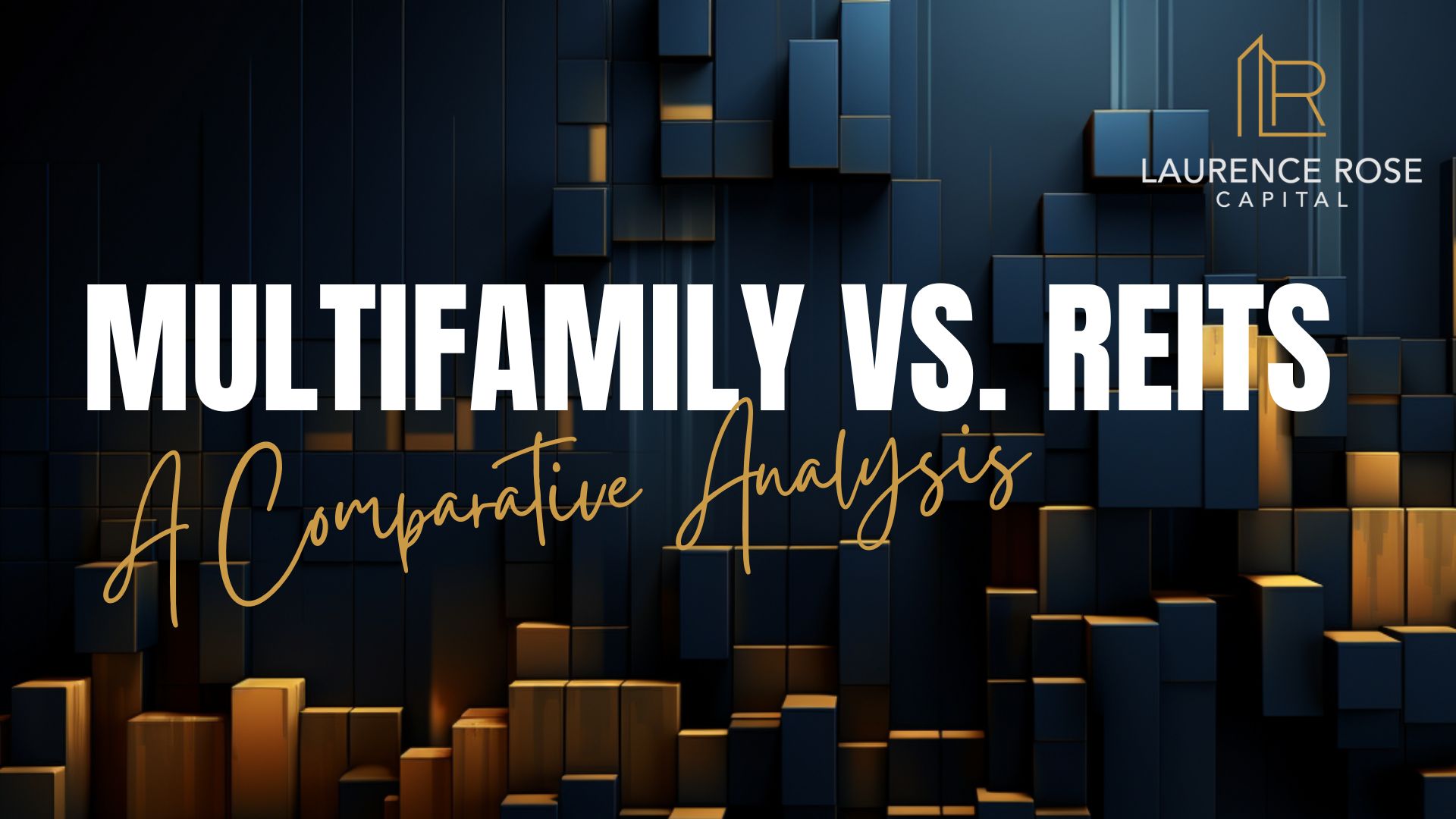Multifamily Syndication:
Pros:
- Direct Ownership: In multifamily syndication, investors have direct ownership of the property or properties they invest in. This provides a sense of control and involvement in the investment decisions.
- Potential for Higher Returns: Multifamily syndications often target higher returns compared to publicly-traded REITs. The active management and value-add strategies pursued by syndicators can lead to increased property appreciation and cash flow.
- Tax Benefits: Investors in multifamily syndications may benefit from various tax advantages, such as depreciation deductions and the ability to offset passive losses against other income.
- Diversification: Syndicators may invest in properties across various locations and asset classes, allowing investors to diversify their real estate portfolio.
- Transparency: Syndicators typically provide regular updates and reports to investors, promoting transparency and accountability.
Cons:
- Illiquidity: Multifamily syndication investments are often illiquid, with limited opportunities to sell or exit the investment before the predetermined holding period.
- Minimum Investment Requirements: Some multifamily syndications have higher minimum investment requirements, making it challenging for smaller investors to participate.
- Active Involvement: While some investors appreciate being actively involved in the investment decisions, others may prefer a more passive role.
REITs (Real Estate Investment Trusts):
Pros:
- Liquidity: REITs are publicly-traded securities, providing investors with liquidity as they can be bought or sold on stock exchanges.
- Diversification: By investing in a REIT, investors gain exposure to a diverse portfolio of real estate assets, spanning various sectors and geographic locations.
- Professional Management: REITs are managed by professional teams who handle property acquisitions, management, and disposals, relieving investors of day-to-day responsibilities.
- Accessibility: REITs allow small investors to access the real estate market with relatively low investment amounts.
- Dividends: Many REITs distribute a significant portion of their income to shareholders in the form of dividends, providing a consistent income stream.
Cons:
- Market Dependency: REITs are subject to market fluctuations and may be influenced by broader economic trends and stock market performance.
- Limited Control: Investors in REITs do not have direct control over the specific properties held within the portfolio.
- Lower Returns: While REITs offer stability and diversification, their returns may not match those of actively managed multifamily syndications.
- Tax Treatment: REIT dividends are often taxed at the individual’s regular income tax rate, potentially leading to higher tax liabilities.
- Less Transparency: REIT reporting may not provide the same level of transparency and control as direct ownership in multifamily syndications.
Multifamily syndication Vs. REITs:
| Aspect | Multifamily Syndication | REITs |
|---|---|---|
| Ownership | Direct ownership of specific properties | Indirect ownership through shares of the REIT |
| Investor Control | Investors have more control over specific investments | Limited control over the REIT’s portfolio |
| Investment Size | May have higher minimum investment requirements | Accessible to investors with lower investment amounts |
| Liquidity | Generally illiquid; limited opportunities for exit | Liquid and tradable on stock exchanges |
| Potential Returns | Potential for higher returns based on active management and value-add strategies | Returns may be more stable but lower compared to direct ownership |
| Diversification | Limited to specific properties or deals | Offers diversification across multiple real estate assets and sectors |
| Management | Investors may have an active role in decision-making | Professionally managed by a team of experts |
| Transparency | Typically provides regular updates and reports | Provides transparent financial reporting |
| Tax Benefits | Eligible for various tax advantages, such as depreciation deductions | Taxable dividends may result in higher tax liabilities |
| Market Dependency | Less affected by stock market fluctuations | Influenced by broader economic trends and stock market performance |
| Income Stream | Income generated through property operations and rental income | Dividends distributed to shareholders from rental income and property profits |
| Risk and Volatility | May involve higher risks and market volatility | Offers stability and lower risk compared to direct ownership |
| Accessibility | May have higher barriers to entry for smaller investors | Accessible to a wide range of investors with low minimum investment requirements |
It’s important to carefully consider these factors and how they align with your investment goals and risk tolerance when deciding between multifamily syndication and REITs as investment options. Each option has its own advantages and disadvantages, and the choice ultimately depends on individual preferences and investment strategies.
In summary, multifamily syndication offers the potential for higher returns and direct ownership but may require a higher level of involvement and have limited liquidity. On the other hand, REITs offer liquidity, professional management, and diversification, but may provide lower returns and less control over specific assets. The choice between multifamily syndication and REITs depends on an individual’s investment goals, risk tolerance, and preferred level of involvement in the real estate market.






![How Does Creative Financing Work In Multifamily Real Estate [Explained]](https://laurencerosecapital.com/wp-content/uploads/2023/10/JG-BMP-Ira-LRC-JB-Blog-Covers-750-×-422px-1920-×-1005px-1024x576.jpg)
